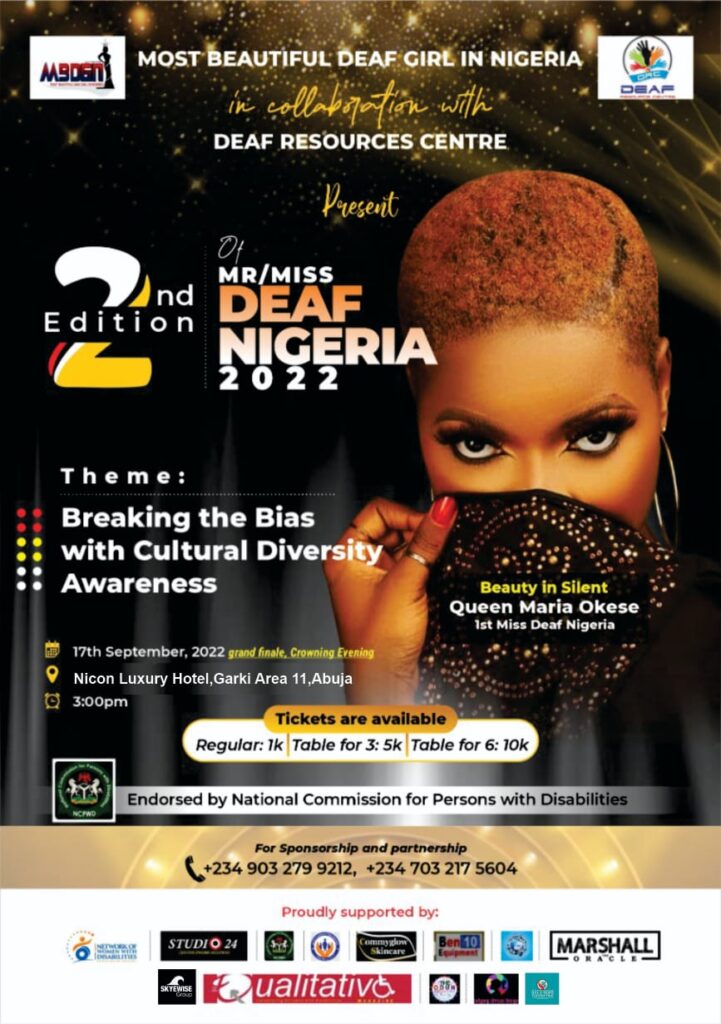The Kaduna State Government, with support from the Gender Centre of Excellence (GCE), is working to entrench gender-responsive budgeting and considerations in service delivery and implementation of programmes.

The State Focal Person on Social Investment, Mrs Saude Atoyebi, stated this at a three-day training on gender in Kaduna on Saturday, supported by GCE, established by the Rockefeller Philanthropy Advisors.
The News Agency of Nigeria reports that the training was organised for gender focal persons and other key programme officers of the Kaduna Social Investment Office and the Ministry of Human Services and Social Development.latest nigerian news updates.
Atoyebi, who is also the Deputy Chief of Staff- Administration, Office of the Governor, said: “The rationale for the workshop is to effectively integrate gender considerations in daily activities of government agencies.
“The training is designed to equip participants with new concepts on gender, unlearn obsolete methodologies and learn all the skills needed to ensure improved delivery of gender-inclusive services ”.
She added that the training would contribute to the ongoing review of the Gender and Social Inclusion Policy domiciled in the Ministry of Human Services and Social Development.
She pointed out that the world was rapidly changing, stressing the need to make programmes and projects more gender-sensitive to help address the issues of gender inequality.“The knowledge and skills we will gain from this workshop will help keep our lenses clear as we approach our various programmes from a better perspective in line with global best practices.
This workshop is complementary to our efforts in addressing the challenges posed by poverty, vulnerability and exclusion of residents of Kaduna State.“This is across different demography and stages of the life cycle such as childhood, youth, old-age, women, men, and persons with disabilities,” she said.
The GCE Lead, Ms Loise Maina, described the centres, established with the support of Bill and Melinda Gates Foundation, as a “strategic resource centre and knowledge hub” to drive women’s financial inclusion in Nigeria.
Maina said that the Federal Government had in 2020, developed a National Framework for the advancement of financial inclusion to eliminate gender gap in Nigeria.
According to her, the GCE was established to provide support to the ecosystem and to look at ways to accelerate and consolidate support to drive women’s financial inclusion in Nigeria.
Maina said that the Federal Government had in 2020, developed a National Framework for the advancement of financial inclusion to eliminate gender gap in Nigeria.
According to her, the GCE was established to provide support to the ecosystem and to look at ways to accelerate and consolidate support to drive women’s financial inclusion in Nigeria.
“The centre is focused on four strategic areas.
One is around capacity development, which is what we are doing here, building capacity of different stakeholders on issues around gender and women’s financial inclusion.
“This is to ensure that stakeholders have the skills and knowledge they need to be able to drive the change that we want to see in the sector.
“The second is around data and evidence; the third is building a vibrant community of practice, while the fourth is finding innovative ways to drive digital financial services for rural and marginalised women.
She said that GCE would continue to engage Kaduna State Government and provide the needed technical support to ensure the elimination of gender gap in the state.
Also, the United Nations Women Country Representative to Nigeria, Ms Beatrice Eyong, stressed the need for mainstreaming gender in planning and budgeting.
Eyong explained that gender responsive budgeting entailed taking into account the differences and relationship between men and women in community, in preparation and execution of the budget.
According to her, gender-responsive budgeting aims at reducing socio-economic inequalities between men and women, and considering the principles of equity and equality.
“It ensures that the practical and strategic needs of women and men from different strata of society are met equitably,” Eyong said.


